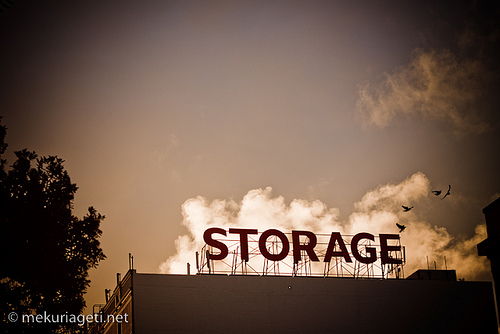4 ways to deploy your own analog Dropbox

Want to get cloud storage, but still have more control over your service than you could get from Dropbox and its competitors? Here are several ways to create your own Dropbox-style repository.
The first method is based on using GlusterFS, the second uses Git to synchronize files. These projects are designed for Unix-like operating systems such as Linux and OSX, but some may also work under Cygwin .
Using GlusterFS
Jeff Darcy from CloudFS wrote a tutorial on building your own Dropbox-like services using GlusterFS using mounting file systems from a remote server to a local computer. He uses Rackspace Cloud for his application, but notes that this should work on any virtual dedicated servers (VPS) (and, of course, non-virtual servers too).
')
The disadvantage of this approach is the lack of access in offline mode - that is, instead of folder synchronization, we get a remote place that works as a local folder. This can be solved using rsync or other synchronization applications.
Sparkleshare
SparkleShare is an attempt to create a opensource alternative to Dropbox for your own hosting. You can find a release candidate on github . Unlike the GlusterFS approach, it provides you with folder synchronization offline. Porting to Windows and mobile platforms is also planned.
DVCS-Autosync
DVCS-AutoSync is another Git-based, opensource-alternative to Dropbox, which also supports Mercurial and other distributed version control systems. It provides more functionality than SparkleShare, but is a bit more complicated to install.
ownCloud
Details are a KDE-based Dropbox alternative.
The ownCloud website has few details, but it is a KDE-based alternative to Dropbox.
Here is a list of features:
- File storage centrally on your computers
- Access from any device
- Online and offline (sync)
- Cross-platform
- Automatic Versioning
- Sharing with your friends
- Automatic backups
- Encryption
- Synchronize your KDE Desktop applications
- Desktop Integration
- Plugins for player, photo gallery, rss and more
What else?
I am sure that there are more methods. How else can you build an alternative to Dropbox?
Source: https://habr.com/ru/post/118646/
All Articles